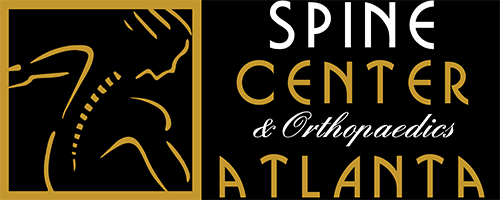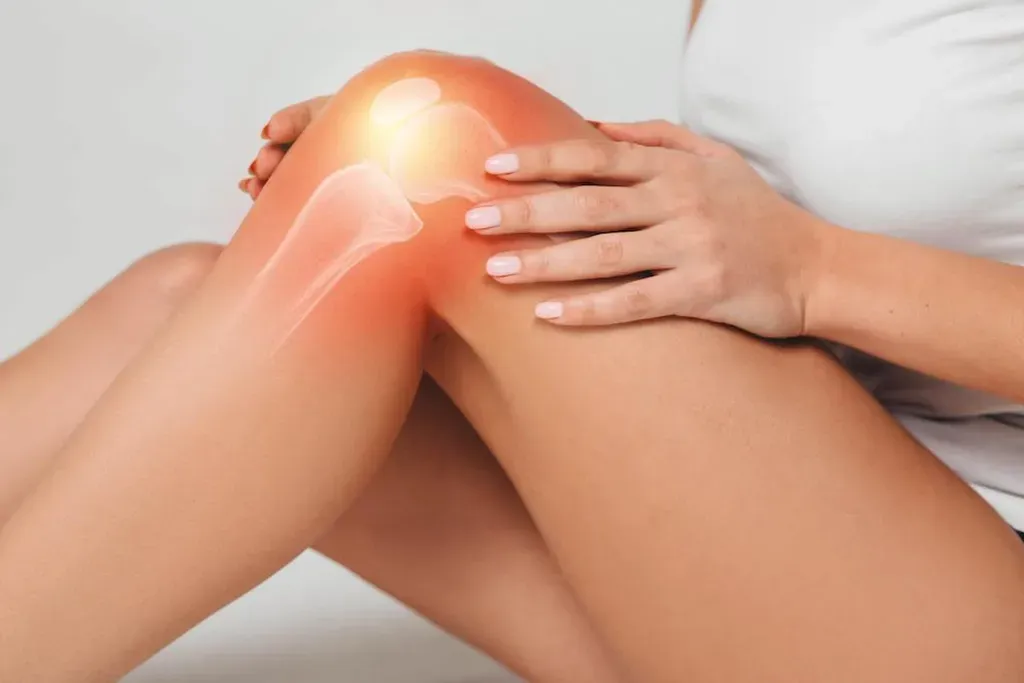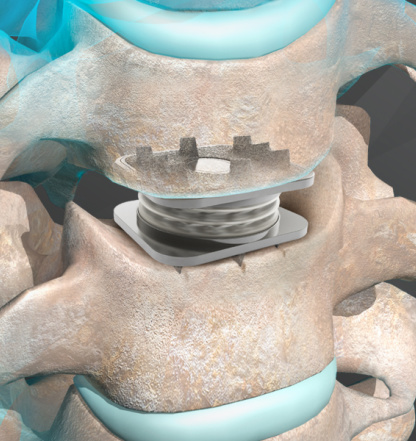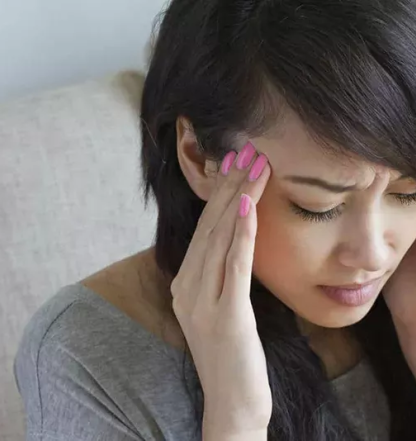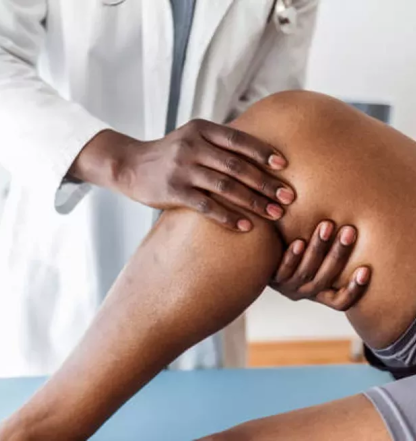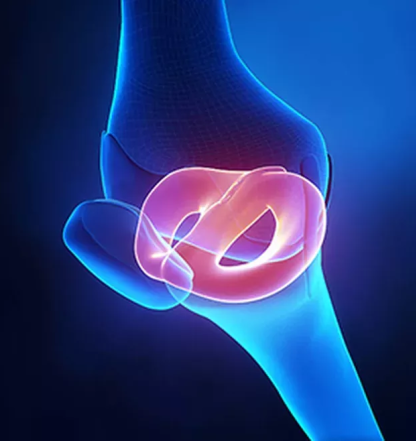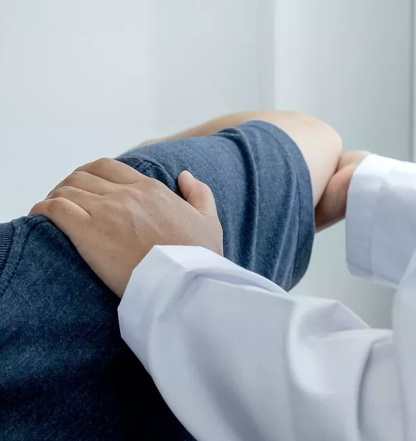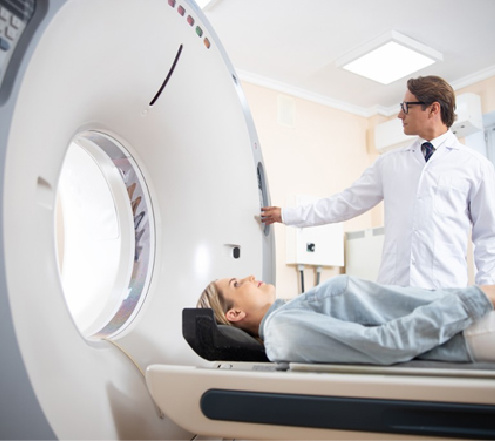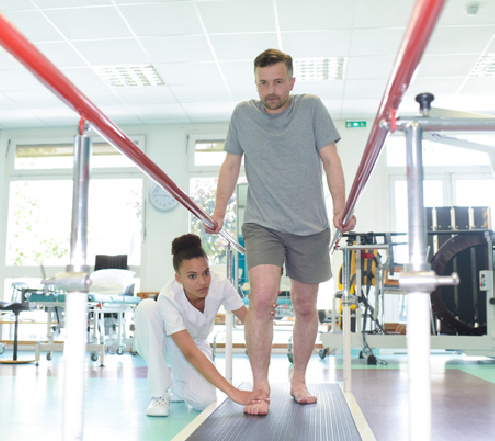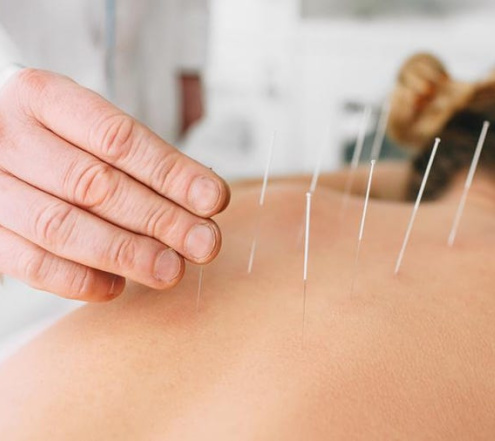Life after a meniscus tear might depend on what life was like before the tear. Your age, the type of tear, and whether you try to keep moving through the pain can all play a role. Learn more about this common knee injury.
Whether you’re playing for fun, exercise, or a paycheck, meniscal tears are common injuries among athletes. However, anyone of any age can tear a meniscus, which may not make its presence known for two to three days.
Fortunately, a torn meniscus often responds well to conservative treatment. And if you do need surgery, it’s a minimally invasive procedure that can speed healing. The orthopedic specialists at Spine Center Atlanta are experts at diagnosing and treating meniscal tears. Read their insight about what to expect after a torn meniscus.
What causes a meniscus tear?
Attached to the tibia (shinbone), the menisci (plural) are two crescent-shaped cushions of rubbery cartilage that fit between the femur (thighbone) and tibia, one per side. The medial meniscus is on the inner side of the joint, and the lateral meniscus is on the outer knee.
Menisci are vital to knee stability and act as shock absorbers between the femur and tibia. Forcefully twisting or rotating the knee with your foot planted can cause a meniscal tear. This aggressive pivoting action or sudden stopping and turning is common in many sports, including football, basketball, soccer, tennis, and track.
Kneeling, deep squatting, and heavy lifting also increase the risk. A sudden collision on the field or court can also cause a tear. Because cartilage can stiffen and degenerate as you age, older adults can develop a meniscal tear with little to no trauma, such as when sitting or arising from a chair.
How can I tell that I’ve torn a meniscus?
Meniscal tears can range in severity from a mild grade 1 that’s barely discernible to a grade 3 tear that can rip the cartilage in half. A severe tear may result in sudden, intense pain and make fully bending or straightening your knee difficult to impossible.
However, even moderate tears can cause nothing more than a popping sensation in the knee initially and a zing of pain you may decide to ignore. In this case, symptoms typically progress over 24-48 hours and include:
- Increasing knee swelling or stiffness
- Moderate to severe pain, especially with twisting or rotating the knee
- Feeling that your knee is giving way or buckling
- Problems fully straightening the knee
- Locking sensation when trying to move the knee
- Decreased pain when you flex (bend) the knee slightly
The specialists at Spine Center Atlanta recommend making an appointment whenever you experience pain or swelling in the knee or find it difficult to move your knee as usual.
Even a mild tear can worsen with ongoing stress on the knee, such as continuing a sport or activity despite your symptoms.
What happens after I’ve torn a meniscus?
Depending on the location and type of tear, and your age or activity level, a meniscal tear may respond very well to conservative treatments such as rest, pain medication, and formal physical therapy to strengthen the muscles supporting the knee.
You may also benefit from joint injections to reduce inflammation and pain or treatment with PRP (platelet-rich plasma) therapy to help speed healing.
A grade 3 meniscal tear requires surgical repair. Your Spine Center Atlanta specialist may also recommend surgery for a less severe tear if you’re active, want to return to sports as soon as possible, or don’t respond adequately to conservative treatments.
In addition, because the inner two-thirds of the meniscus body naturally lacks a sufficient blood supply for healing, you may require surgery to trim away the damaged area.
Fortunately, meniscal repair or replacement surgery is minimally invasive (arthroscopic) and often takes less than an hour. The puncture-type incisions used to access the inner knee reduce the risk of post-surgical complications and speed healing time.
Most people require seven to eight weeks of recovery following meniscal surgery, including physical rehab. However, you can typically return to your pre-injury activity level once released from care by your surgeon.
Schedule an evaluation at Spine Center Atlanta today for a meniscus tear or other orthopedic services we offer. Call the office or request an appointment online.
